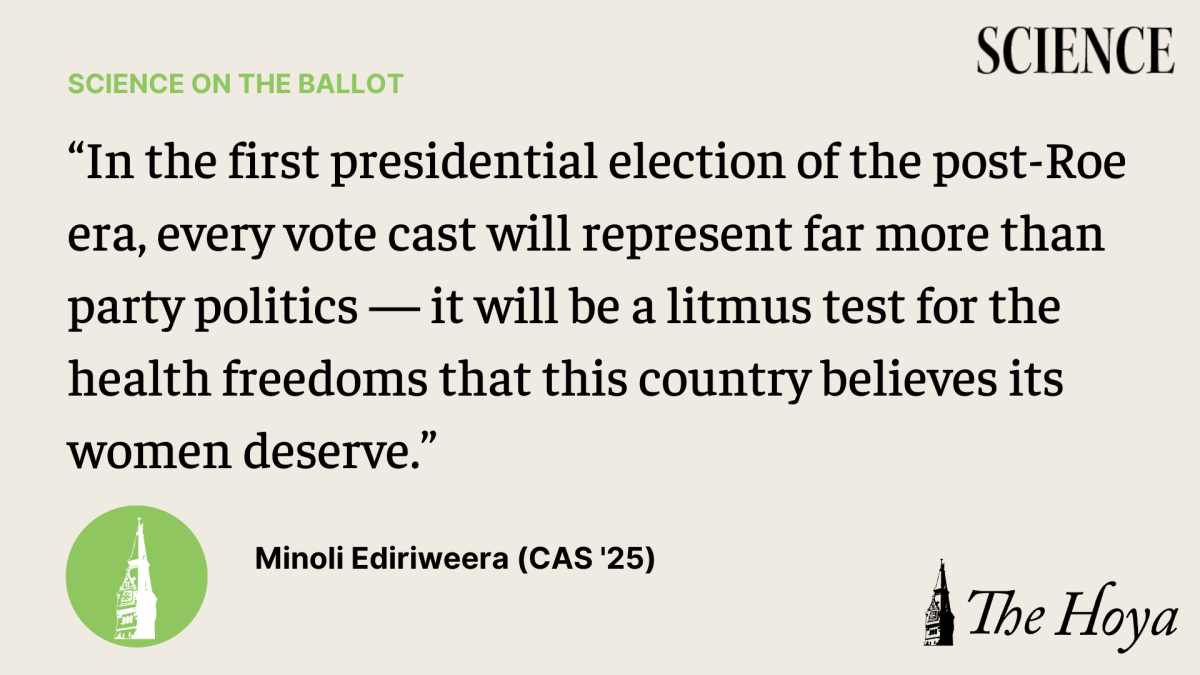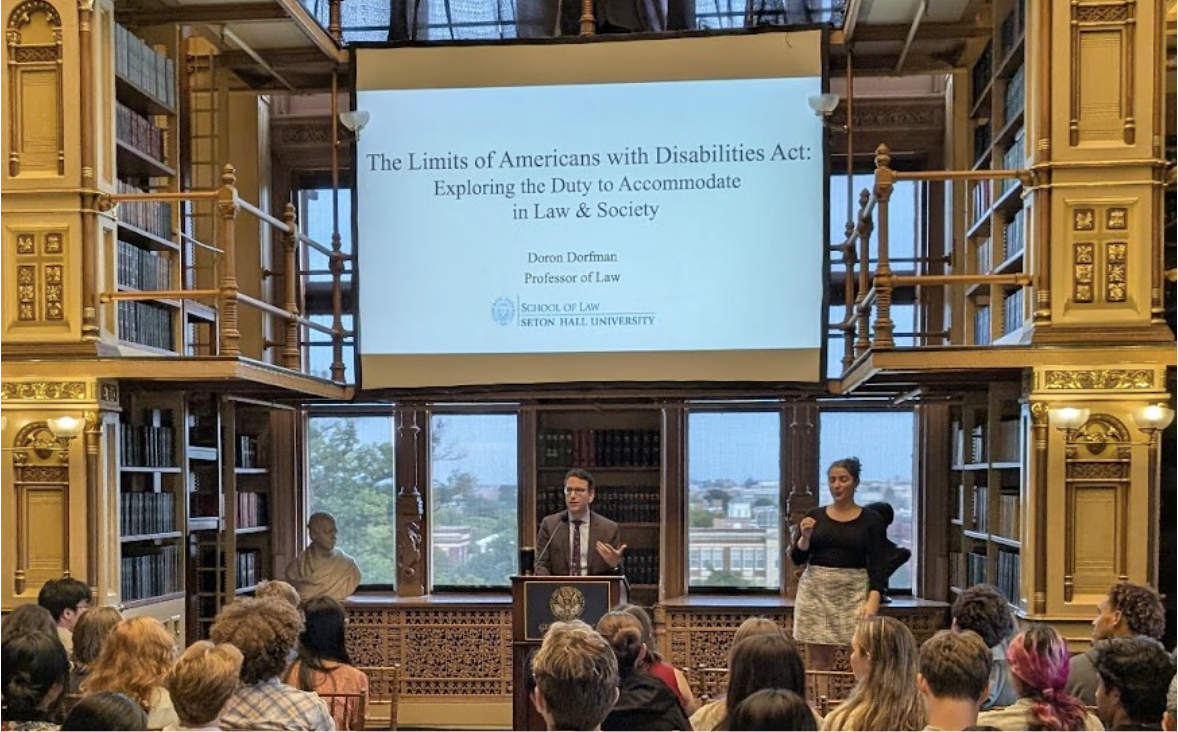Abortion is the single most important election issue for women under 30 in the United States, according to an October survey from KFF. Recent polling shows that former President Donald Trump and Vice President Kamala Harris maintain razor-thin margins in nearly every battleground state as Election Day approaches, highlighting that the election may be decided by very small numbers of votes.
In every presidential election since 1980, women in the United States have registered and voted at higher rates than men, and this gender gap grows every election cycle. For both candidates, this means that the way they present their goals for reproductive health policy could hand or cost them the election.
The 2022 Supreme Court case Dobbs v. Jackson Women’s Health Organization, which overturned the landmark case Roe v. Wade, set the stage for an inflammatory political landscape in a nation that has been deeply divided in its legal and ethical perspectives on abortion for decades. Since 1973, Roe had provided federal protection for the right to have an abortion in the first trimester of pregnancy in every state. Beyond the first trimester, states could impose restrictions or prohibitions based on the “viability” of the fetus. In the aftermath of Roe’s reversal, states are now able to restrict or ban abortion entirely, even in the first trimester.
Since Roe’s overturning, one-third of U.S. women of reproductive age now live in states with little or no abortion access. In Georgia, at least two women have died due to complications after being unable to access abortion care. The inability to terminate pregnancies also has consequences for the fetus if risky pregnancies are carried to term. Infant mortality in the United States rose by 7% from 2018 to 2023, according to a study from JAMA Pediatrics, and the researchers say this may be correlated with the Dobbs decision.
Thirteen states have opted for complete bans with few or no exceptions for rape, incest or the health of the mother. Others only allow abortion in a window when women may not even be aware that they are pregnant. Four of the seven swing states that are vital to an Electoral College victory do not provide legal protections for abortion in their state constitutions.
Trump — who appointed three of the Supreme Court justices that voted to overturn Roe — has realized in recent months that the issue can make or break his campaign. In years past, Trump was a firm opponent of abortion, even claiming in 2016 that “there has to be some sort of punishment” for women who use the medical procedure.
However, his third run for presidency differs from the previous two in its unclear and inconsistent approach to abortion policy, likely due to growing public support for abortion rights. In 2024, Gallup found that 64% of U.S. women and 61% of U.S. men support legal abortion. Only 12% believed that abortion should be illegal in all circumstances.
Trump has boasted about his influence in blocking abortion access in the United States, and has called the passage of restrictions across the country post-Dobbs “a beautiful thing to watch.” International humanitarian organizations such as Amnesty International have called such bans a violation of human rights.
During his presidency, Trump supported a federal abortion ban, but on Oct. 1, after months of providing incomplete answers to the press, he said he would veto such a ban if elected. His flip-flopping position has left many confused, from his pro-life supporters to his opponent, Kamala Harris, who said that Trump cannot be trusted to protect reproductive freedoms because of his inconsistent position on the matter.
Unlike Trump, Harris has stood relatively firm on supporting the federal right to an abortion, saying her first priority, if elected, is to stop the harm that abortion bans are causing across the country. Harris evidently recognizes the health complications and deaths that such restrictions have brought upon women and their families, and has frequently shared their stories in interviews, at campaign events and on the debate stage. She has also said that if Congress were to pass a bill to restore the right to an abortion at the federal level, she would “proudly” sign it into law.
Even with their varying views on reproductive justice, it is evident that both Trump and Harris are intent on winning over voters on the issue, as this election cannot be won without doing so. In the first presidential election of the post-Roe era, every vote cast will represent far more than party politics — it will be a litmus test for the health freedoms that this country believes its women deserve.




